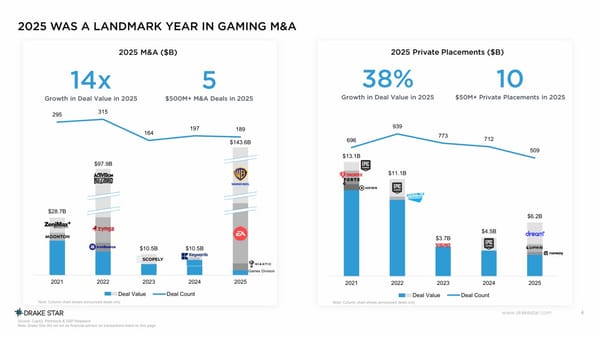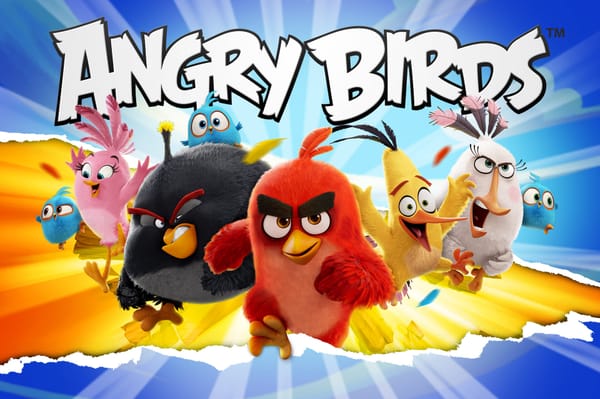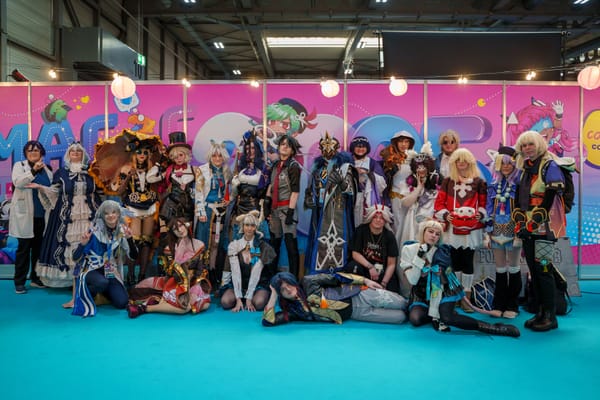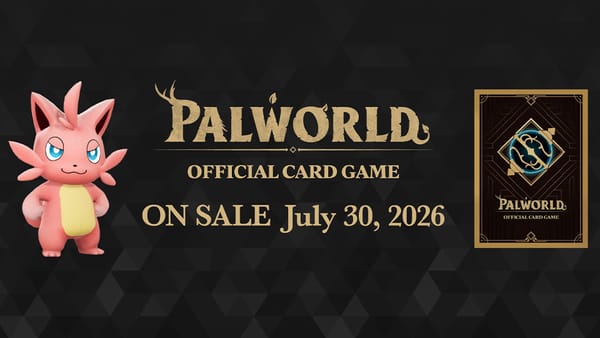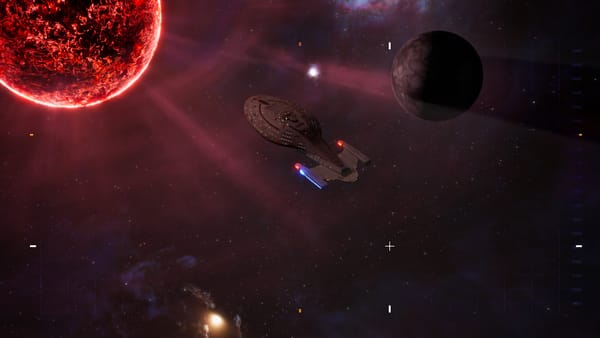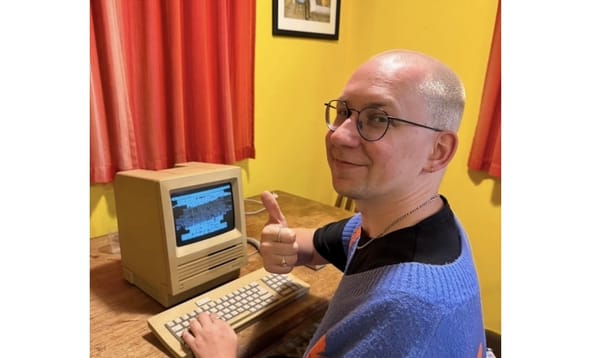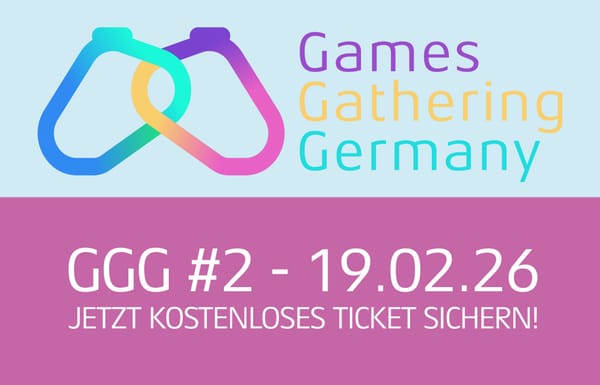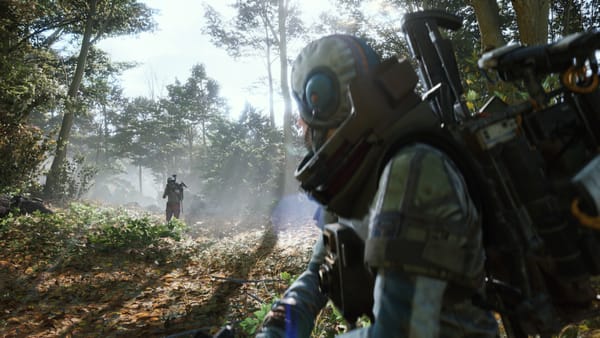Marcel van der Steen (Mindscape) on Europe as a Gaming Location
How do industry executives rate Europe's position in the global market? We spoke to Marcel van der Steen, Commercial Director at Mindscape, to find out.


How do industry executives rate Europe's position in the global market? We spoke to Marcel van der Steen, Commercial Director at Mindscape, to find out.

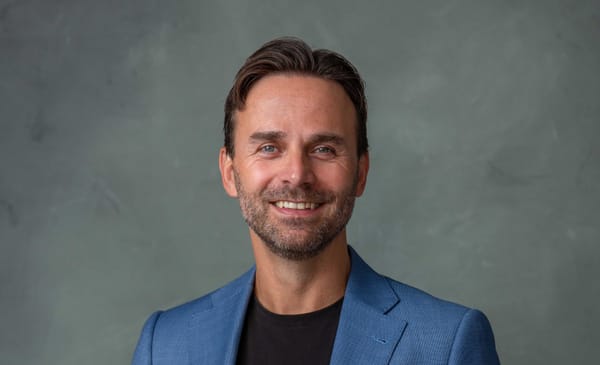
The European games market is large and varied, but how does its level of competitiveness compare with that of the USA and Asia? So, how are companies dealing with these challenges? This series of interviews features numerous executives answering all these questions. We interviewed Marcel van der Steen, Commercial Director at Mindscape (the Netherlands).
GamesMarkt: What is your opinion of the current state of the European games market?
Marcel van der Steen: "I believe that Europe still offers a strong basis for development and innovation. Europe's creative studios are an unique strength and there is a lot of talent available, a solid foundation for global reach. From a sales perspective it remains competitive. However, consumer attention is becoming increasingly difficult to capture, so you need to do more and be creative to truly stand out."
GamesMarkt: Is Europe able to compete with the other major markets, particularly North America and Asia?
Marcel van der Steen: "Yes, Europe is more than capable of competing. Asia may dominate the mobile gaming markets, while North America leads in terms of scale and marketing power. Europe's strength in creativity, reflected in narrative games and other genre-defying ideas, gives it a competitive advantage. For the game we are currently developing, (...) The Legend of Khiimori, we're working with German development partner Aesir Interactive. Together we will soon launch this unique game in Early Access on PC via Steam and Epic Games Store, so collaboration between European partners makes perfect sense."
GamesMarkt: How would you say Mindscape is positioned in terms of the opportunities and challenges it faces in the European market?
Marcel van der Steen: "Mindscape has expanded its business year over year, even in an industry where many mid-sized publishers are scaling back. We attribute this to our release portfolio, our global reach and our people strategy in which we have a mix of experienced professionals and young creative talent, especially in the areas of digital and social marketing. We keep our structure agile and try to react quickly to changing market demands. That flexibility is a key competitive advantage, even when operating from Europe. Being situated in Europe doesn’t limit us. However, it does require consciousness, a 'get things done mentality' and flexibility. As long as Europe can continue to adapt, I am still optimistic that it can maintain its position as a major force in the world of games."
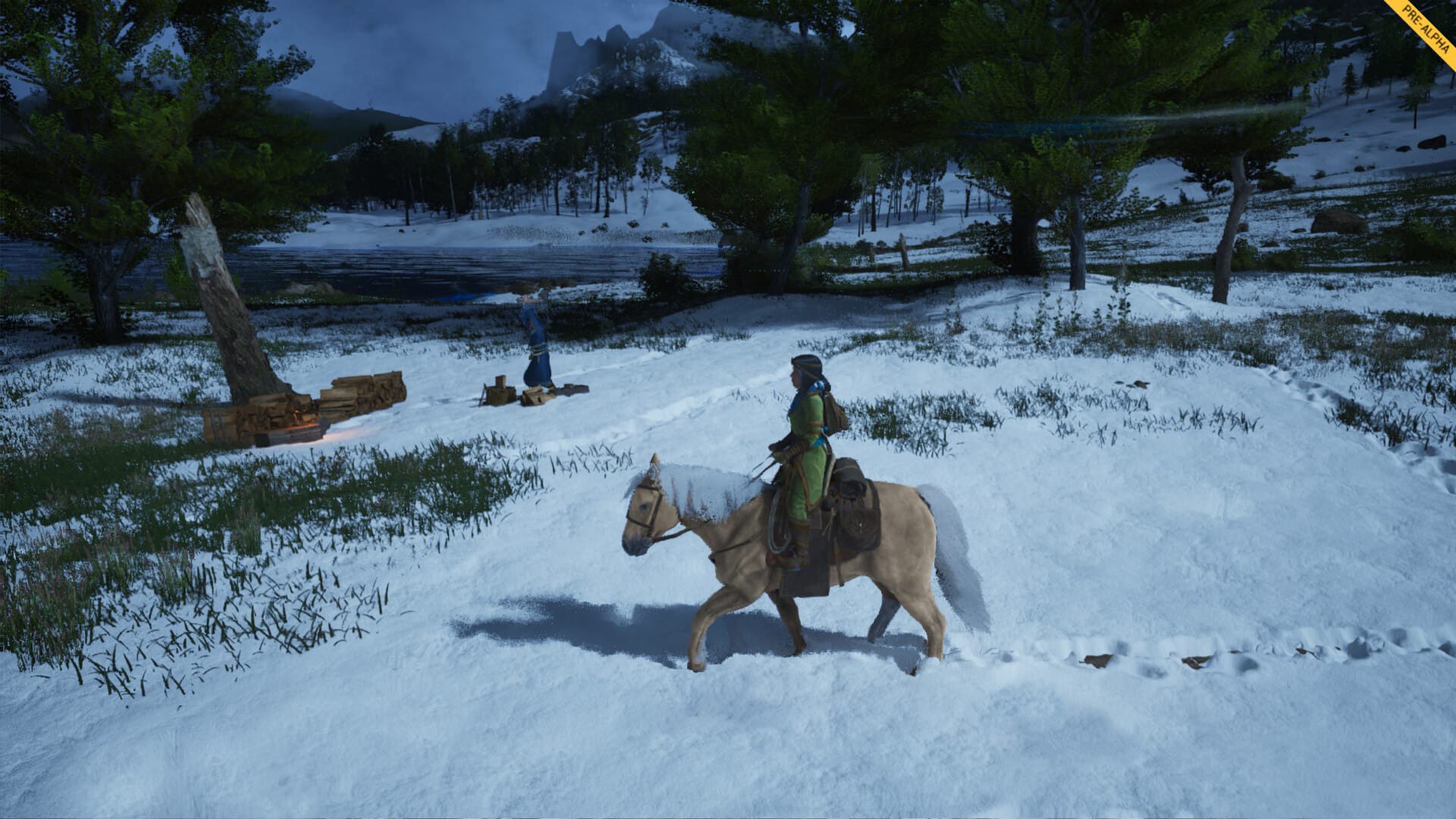
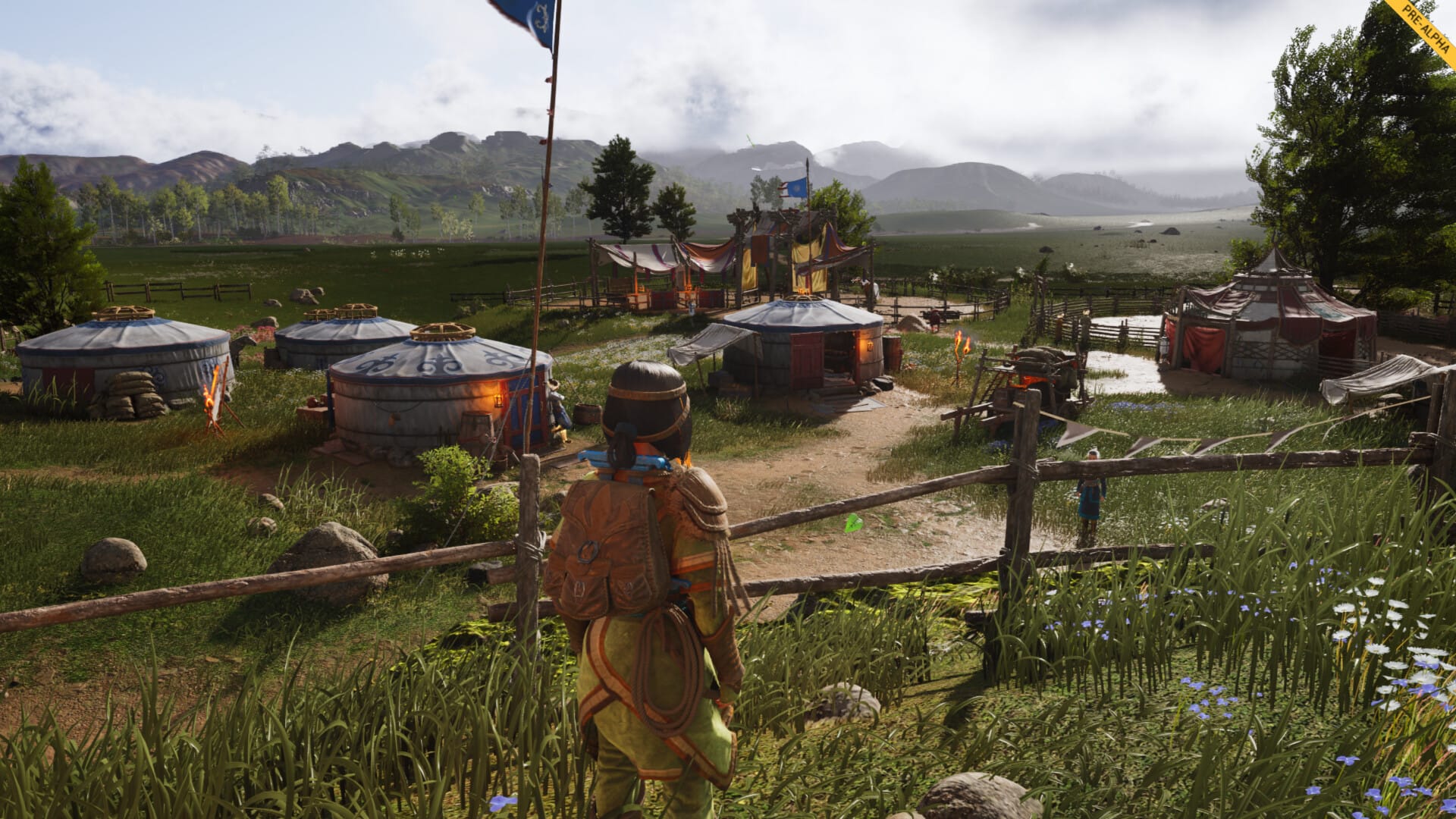
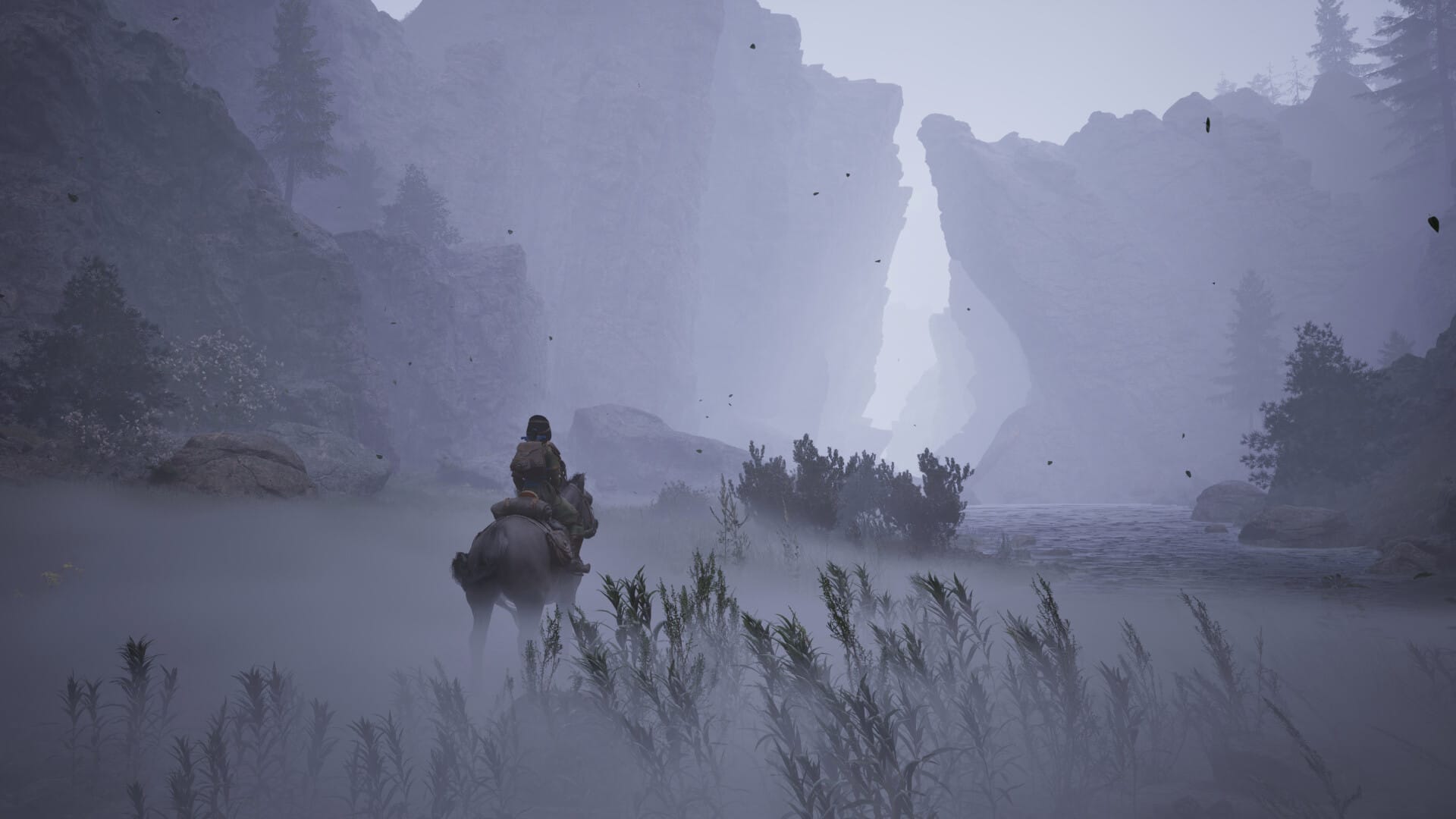
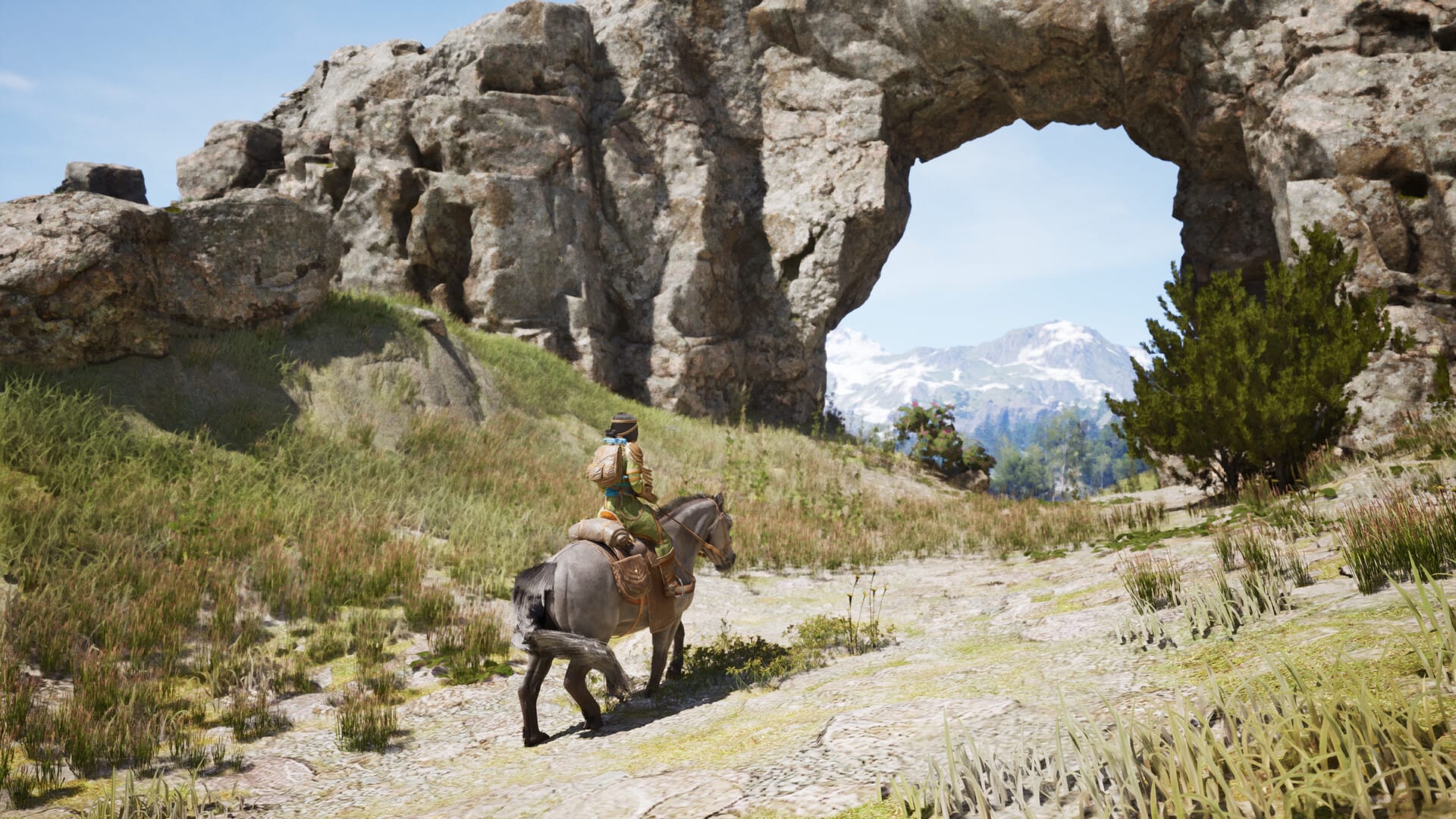
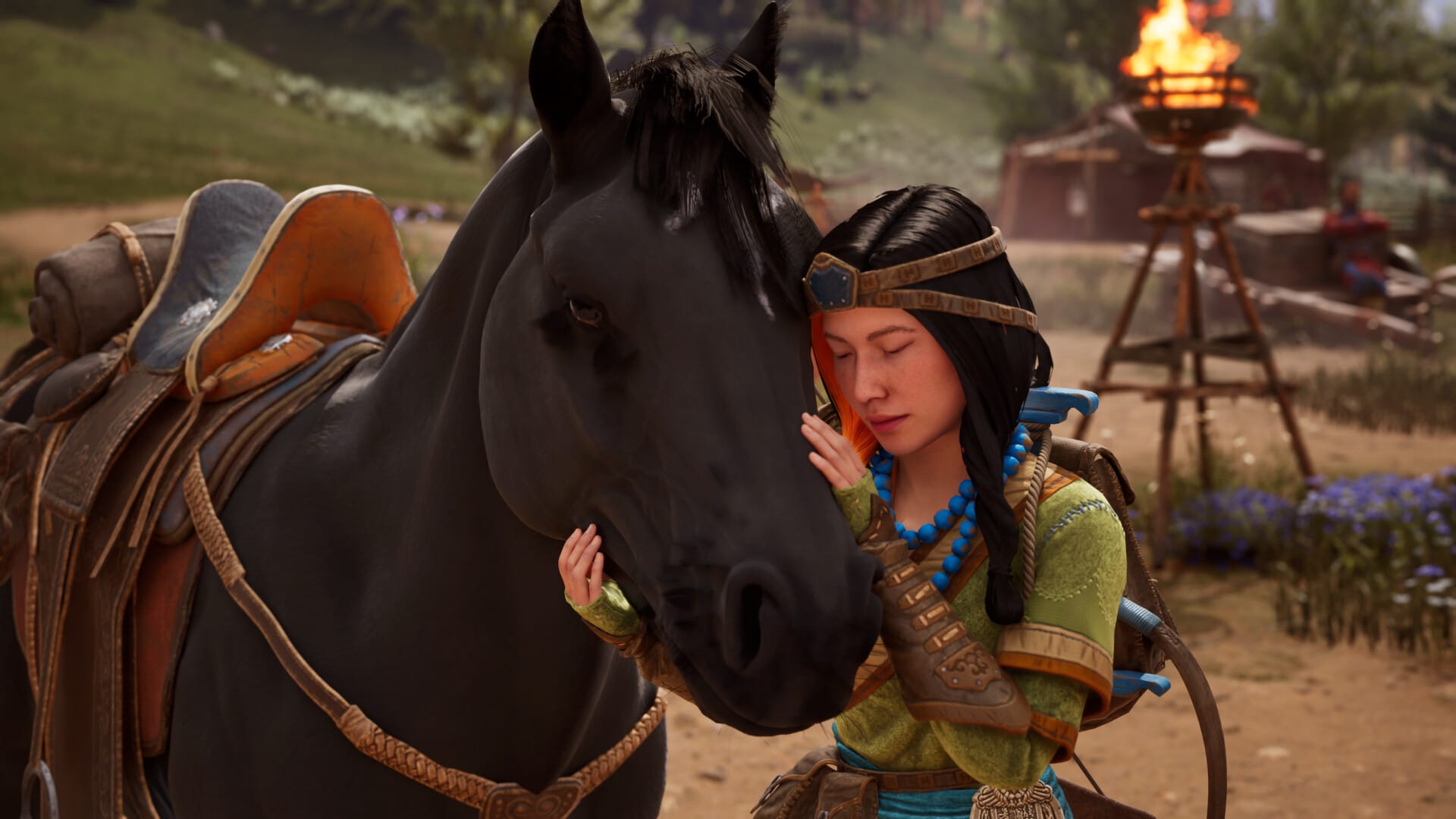
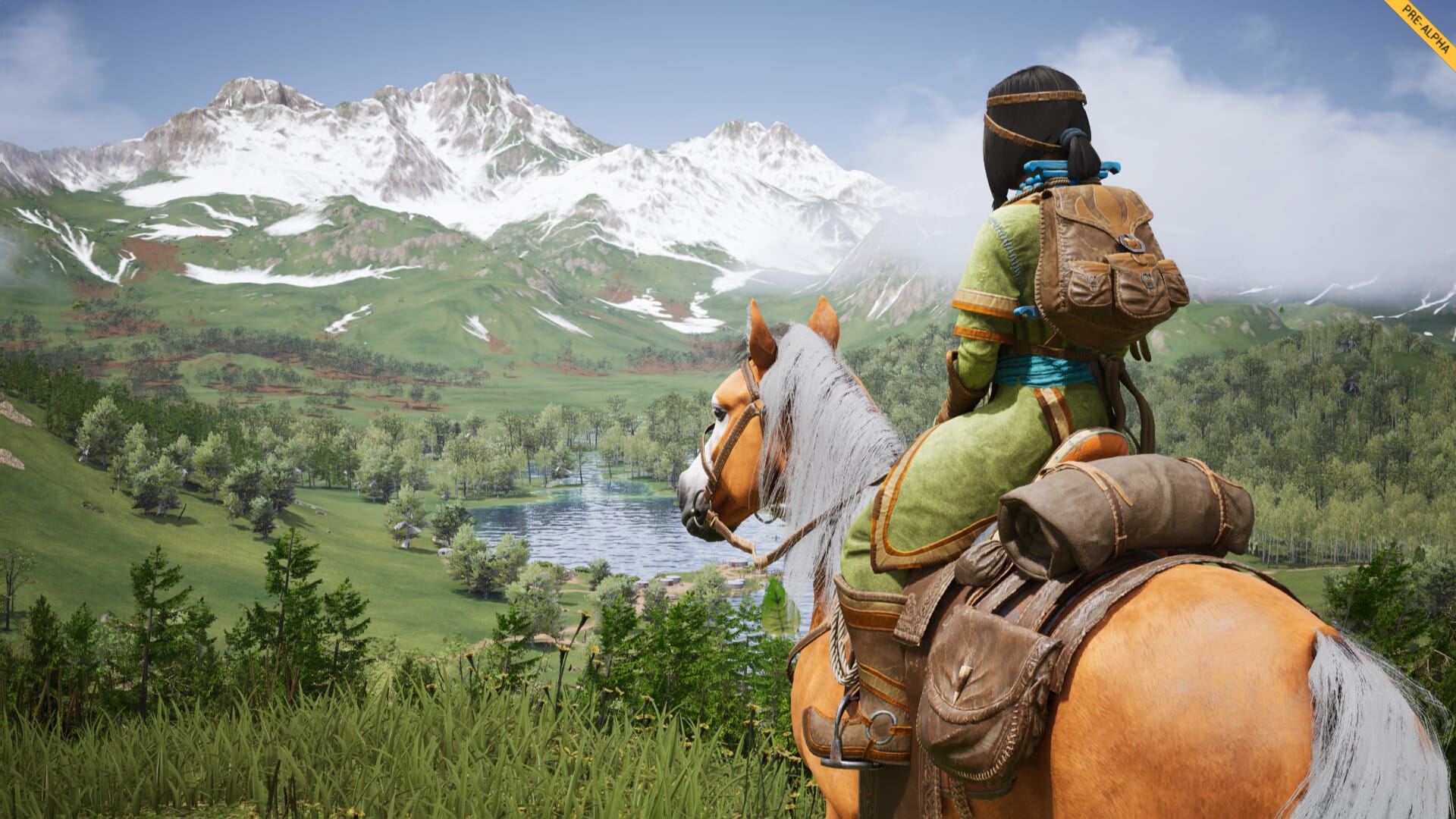
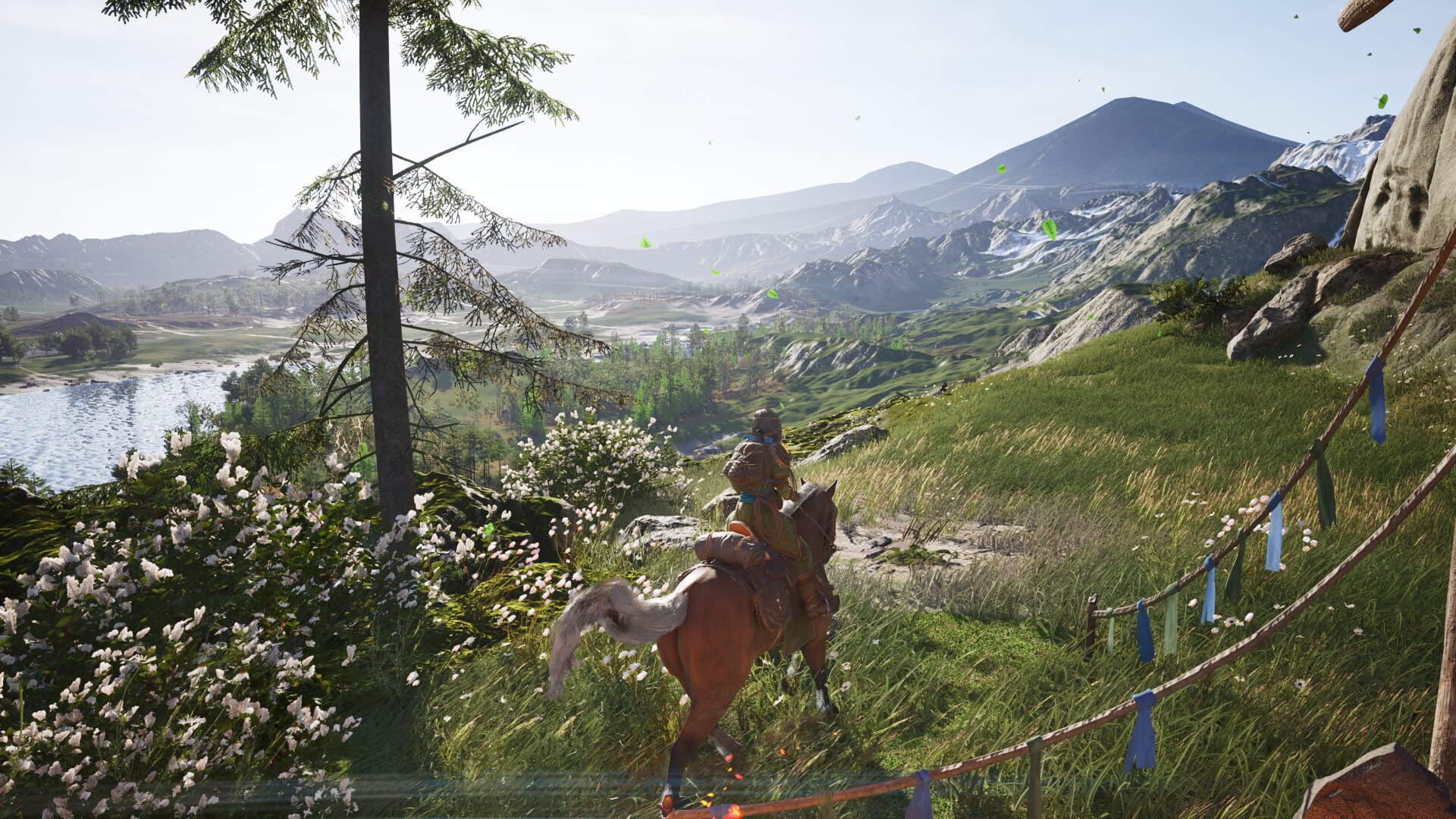
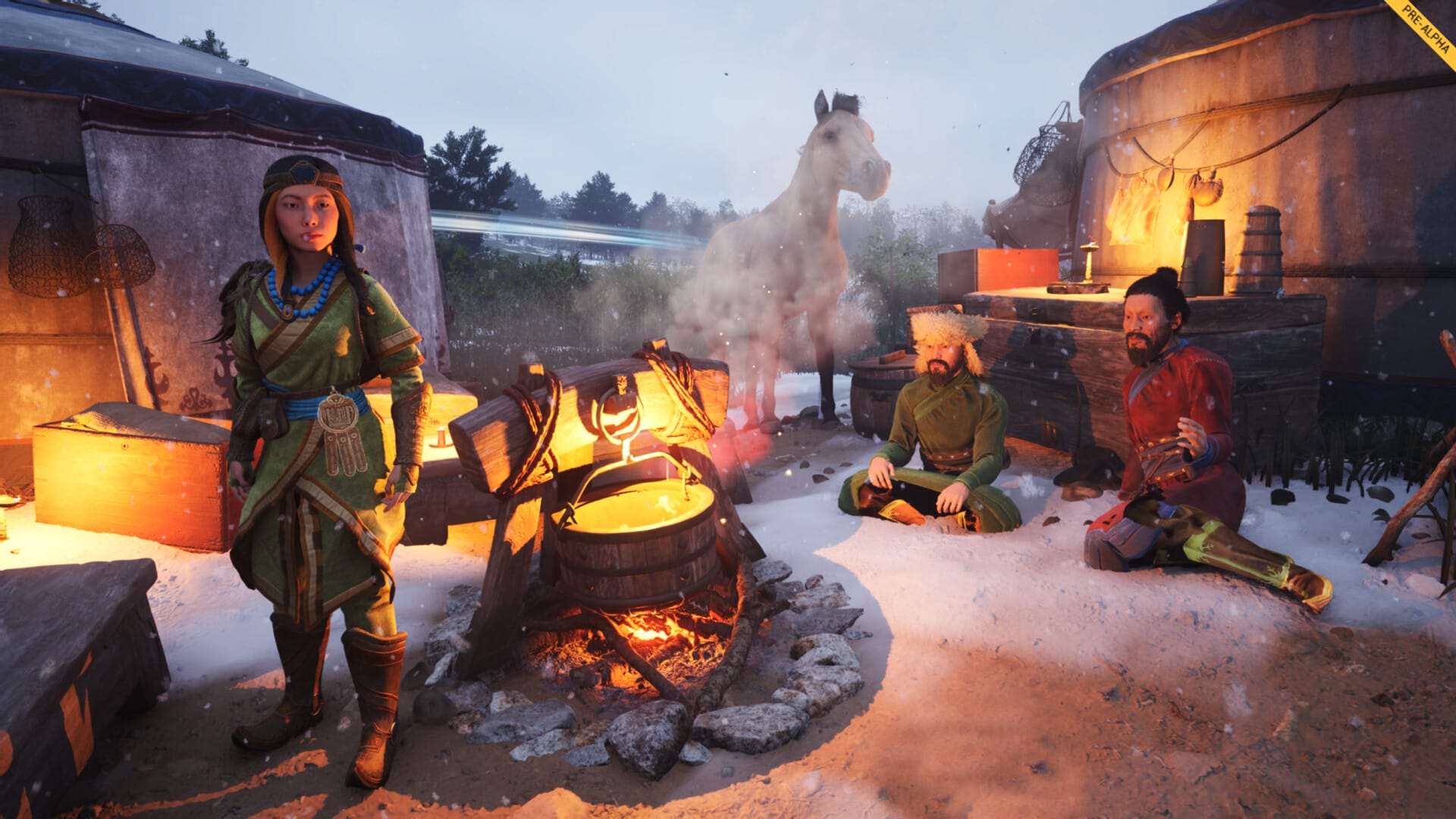
The Legend of Khiimori (formerly Windstorm: The Legend of Khiimori), developed by Aesir Interactive, is being published by Mindscape. Its release has recently been postponed until March 2026.
